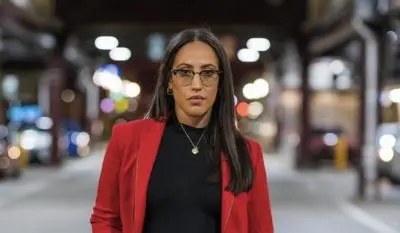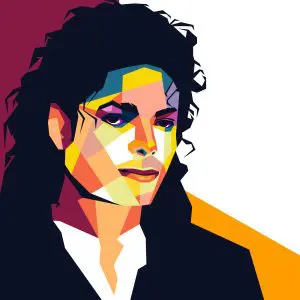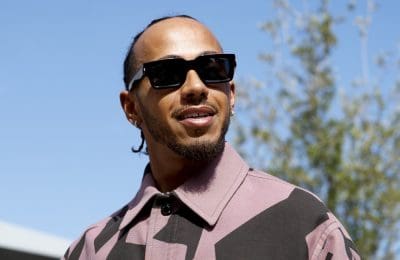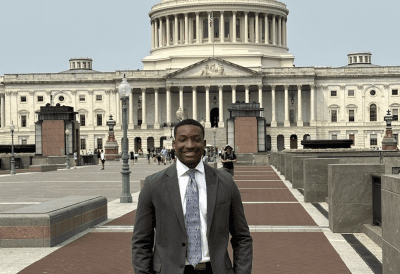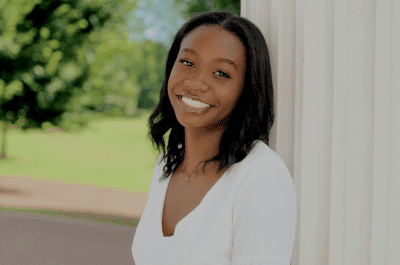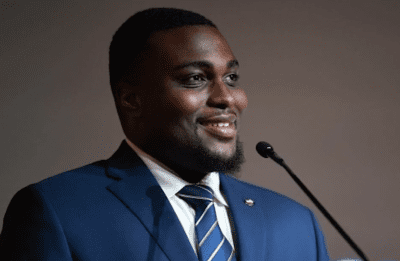
Dr. Charles McKinney is the Neville Frierson Bryan Chair of Africana Studies and Associate Professor of History at Rhodes College in Memphis, Tennessee. He is also a founding member of the Jamestown Project, an action-oriented Think Tank. Rolling Out spoke with Dr. McKinney about recent protest movement sweeping the nation.
In the past few weeks, the nation has been rocked by the grand jury system in Missouri and New York that failed to indict the police officers who killed Mike Brown and Eric Garner. What have the last two weeks been like for you?
They’ve been rough. It’s been hard to get any work done. It’s been hard to talk to my sons about all of the things that are going on with these two cases. It’s been hard to teach my classes and help students navigate these choppy issues. It’s been hard all the way around. But, I also have to remember: in so many ways, we’ve been here before. Our history is riddled with instances of racial terror and discrimination. But it is also replete with instances of black insurgency – positive and progressive reactions to the realities of racial inequality. This gives me hope in the midst of all this despair.
What was the emotion that you felt after hearing the Eric Garner decision?
Rage. Frustration. Sadness. But again, I also felt like I was watching a very old movie, one that I’ve seen a million times. There’s Nothing new going on here; black bodies have always been relatively disposable in this country. There’s never actually been a time when black folks had an expectation of justice being consistently pursued in their names. That time has never existed for us here. But that reality doesn’t do much to lessen the feelings that bubbled up for a mass of folks. And we see those emotions – connected to hard realities – beginning to manifest in mass action.
What is America missing about crime and race?
It’s missing the fact that the correlations most people make in their minds about black folks and crime are racist fabrication, generated by the machinery of white supremacy. Let’s be clear: do black folks commit crime? Of course. We’re no different from any other demographic in that regard. But the correlations that most people have knocking around in their heads about the rates at which black folks commit crime are probably really far off. Also, when it comes to looking and analyzing black life in this country, white society has done a thorough job of willful ignorance. We understand the relationship between poverty and crime, but we don’t want to address those correlations. We act as if they don’t count, as if we’re ignorant of the implications of these combinations. We’re being willfully ignorant of the malignant effect of over-policing and mass incarceration. Too many of us want to act as if these issues don’t tear at the fabric of our democracy – which they do. We’re missing a lot, sadly.
Why does the media paint anger as the only emotional state of the black community?
Anger is the only emotional state the media is interested in because, by and large, the media isn’t interested in accurate, complicated portrayals of black life and politics. They’re interested in advancing the ever-present narrative of irrational black rage. Let’s be clear, however: we shouldn’t shy away from our anger. We have every right to be angry. Black folks are, quite literally, being murdered in the streets. What the media tends to do, however, is to obscure (or ignore) all of the reasons for the very justifiable rage that people feel. Most media outlets are horrifically lazy in this regard; very few are interested in plumbing the depths of a complicated issue like mass incarceration or the utter inadequacy of grand juries to indict cops who kill unarmed people. The other issue is that we tend to get more coverage of black folks and their communities in times of crisis. Hence, the narrative of black rage is reinforced. It’s a vicious cycle, really.
Why do you feel that people of all races are joining in the current police brutality protests? What does this say about America?
It may be saying a number of things. First off, it’s saying that this is an issue of concern to a growing number of people. We see this particularly in the wake of the Eric Garner non-decision. That case was one of several tipping points we’re seeing in this moment. That case was clear-cut to a lot of folks: this nonviolent citizen, whose alleged offense was selling untaxed cigarettes, was killed using an unauthorized chokehold. It was on tape. There were scores of witnesses. No indictment. So, the emerging protests may be telling us is that there are a growing number of people of all colors who see our current policing practices as a problem. And we shouldn’t be too surprised by this, truth be told.
The leaders of today’s protest are relatively unknown to the public. In fact you see no transformational figures like Dr. King coming out of the current protests. Why do you think that is and is it a good thing?
It’s way too early to determine whether or not we’re viewing the emergence of “transformational figures” like King. In fact, we have to be careful not to rely too narrowly on the movements of the past to guide our thinking about the current moment. Also, we have to remember that King didn’t enter the Bus Boycott as a “transformational figure” – that only became the case in the wake of that movement. And even after that, it took him a few years to acquire the status we remember him for. So, let’s not look for the “next” King. That’s not a productive use of our time. Instead, let’s look for the individuals who are putting in work on the ground and support them in any way we can.
Do you think that Rev. Al. Sharpton’s march on Washington on Dec. 13 will be effective in bringing about change? Why or Why not?
No. Because this march is not in any real way organically connected to the events on the ground. Sharpton’s not that interested in grass-roots organizing, which is the bedrock upon which all social movements occur. And, to be frank, the Revolution will not be led by a commentator from MSNBC.

